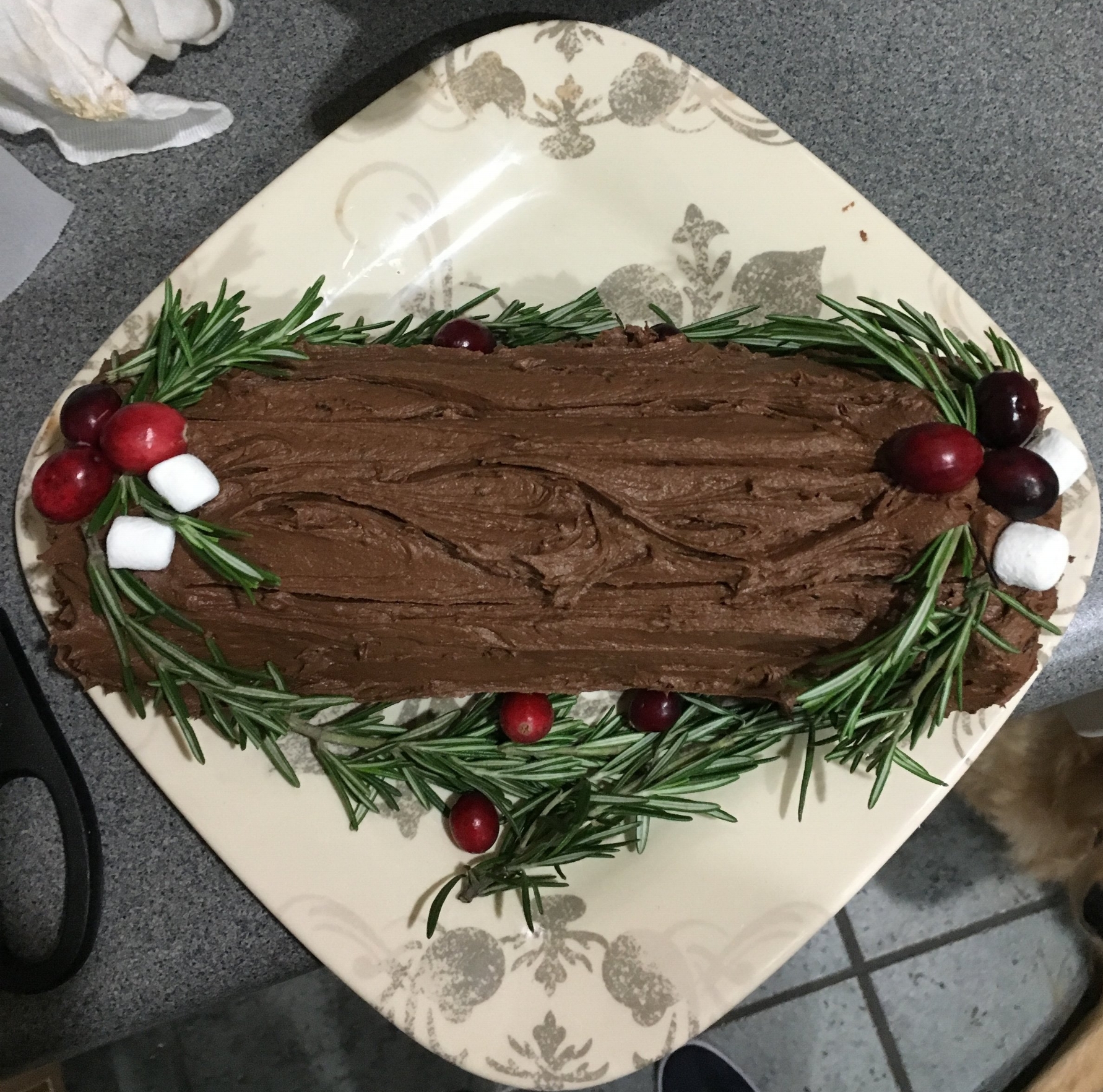French Impressions
"J'aime les images presque autant que la musique."
(I love images almost as much as music.)
-Claude Debussy
Imagine you are going on a vacation to visit the French countryside, where you discover a small bed and breakfast off the beaten track. Your host greets you and welcomes you to her home, and you look around, noticing the décor of the cottage. The brick floor first catches your attention, as you’re not accustomed to seeing it inside. Paired with the toile drapes and the wrought iron furniture, you almost feel as if you’re sitting outside rather than in the interior of a home. A fresh scent of lavender reaches your nose as you gaze at the loose floral arrangement in the corner of the room, next to the patterned plates hanging decoratively on the wall.
This French scene is one Kerri Parr tried to recreate for guests at the HopeNet Docent Society program in Wichita, KS, this past weekend. A Renaissance woman herself, Kerri gave the presentation on French country décor, French gastronomy, Parisian tourism, and French music. She and Allison prepared a gourmet French meal, including a soupe aux poireaux et pommes de terre (a rich leek soup made with butter, potatoes, chicken stock, and a dollop of crème fraiche), as well as a French salad of bib lettuce with an easy homemade vinaigrette, consisting of Dijon mustard, shallots, white wine vinegar, and olive oil. Next, they brought out a tasty cheese plate with a variety of fare, including a creamy port salut from the French Loire Valley, a Normandy Boursin cheese spread with herbs, a compté from the Franco-Swiss border (similar to Gruyère), and the ever popular Brie. To conclude the meal, Kerri served her dad’s famous mousse au chocolat, an egg-based recipe for decadent chocolate lovers, which he learned while taking a cooking class in Paris.
Between the décor and the food, Kerri strove to create a uniquely French impression on her guests, similar to that evoked by Monet’s Water Lillies or Debussy’s Arabesques. She performed the violin transcription of Debussy’s famous La fille aux cheveux de lin (The Girl with the Flaxen Hair) from his first book of Preludes, which had been transcribed for violin shortly after it’s original composition for piano. The piece was inspired by a famous poem, as well as a well-known image of a girl who embodied innocence and naïveté. The work exemplifies French charm and elegance at its finest. Debussy himself was inspired by French Impressionist artists, including Degas, Monet, and Rodin. Instead of implementing traditional chord progressions, Debussy focused on creating musical “colors.” When one of Debussy’s critics compared his works with those of Monet, he replied, “You do me a great honour by calling me a pupil of Claude Monet.”
Kerri loved Debussy’s work so well that she even walked down the aisle to La fille aux cheveux de lin at her wedding! She concluded the musical portion of the program with the 1990s pop song “Sympathique,” a song ironically written by the American musical group Pink Martini, which became so popular in France that the chorus line “Je ne veux pas travailler” (I don’t want to work) became a theme of French protestors for numerous strikes!
Continuing in Kerri’s French vein, Uptown Violins will be offering another opportunity to enjoy French music at the opening of the newly renovated European galleries, including the Impressionist wing, at the Nelson-Atkins Museum of Art in Kansas City. The event will take place on Thursday evening, March 16th, and is free and open to the public! Surrounded by the beautiful artwork of Monet, Caillebotte, Morisot, Pissarro, and Renoir, to name a few, we will feature works by several French composers and artists, including classical composers Camille Saint-Saëns and Erik Satie, as well as pop artists Edith Piaf and Patricia Kaas. Come join us for a belle nuit at the Nelson-Atkins, s’il vous plaît!
Kerri Parr lives in the Dallas, Texas, area, and is a co-founder and principal member of Uptown Violins. In addition to her frequent musical performances, Kerri is a French teacher and school counselor at Texas Christian Academy. Kerri earned her Bachelor’s Degree in Violin performance at Baylor University, and studied private lessons under Dr. Eka Gogichashvili. She served as Concertmaster of the Baylor Symphony, and performed with the Waco Symphony for three years. In 2010, Kerri was one of the students selected to tour with the Baylor Symphony in Belgium. In August, 2016, she graduated from Dallas Theological Seminary with a Master’s Degree in Biblical Counseling. A true Renaissance woman, in her free time she enjoys French cooking, listening to new French artists, including the Parisian group L.E.J., going on dates with her husband Forrest, and playing with her Golden Retriever Annie.







































